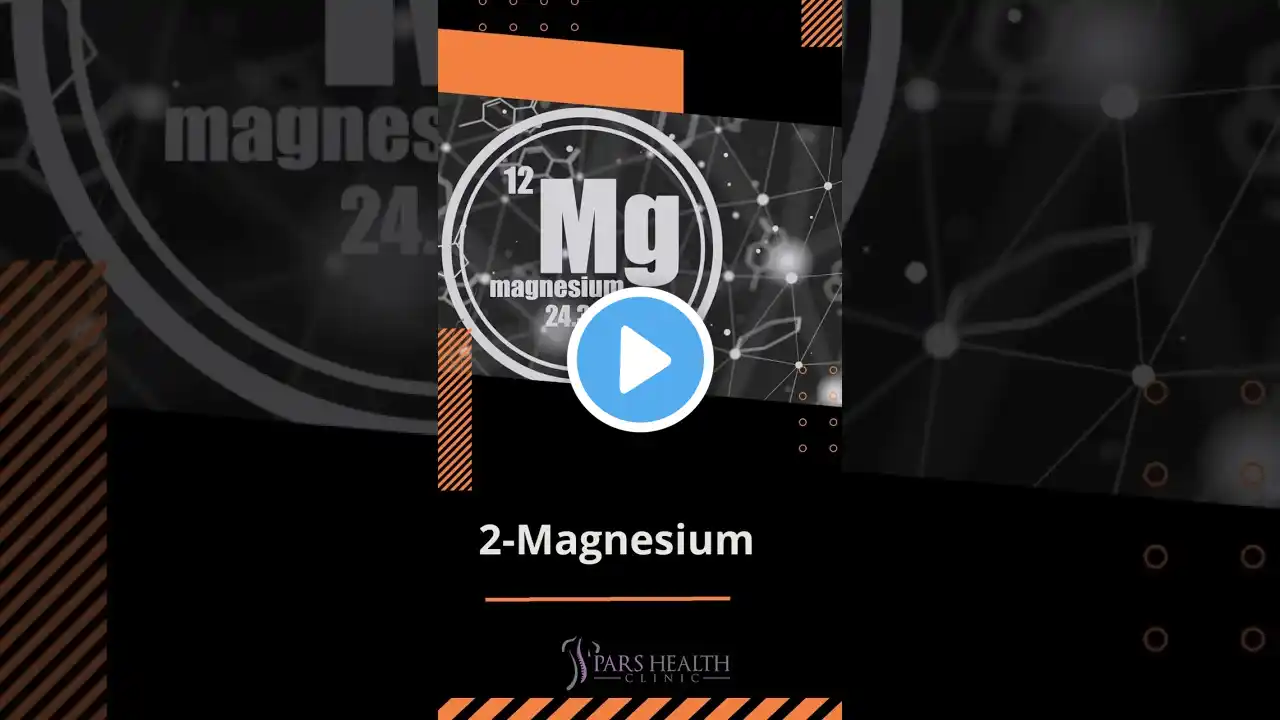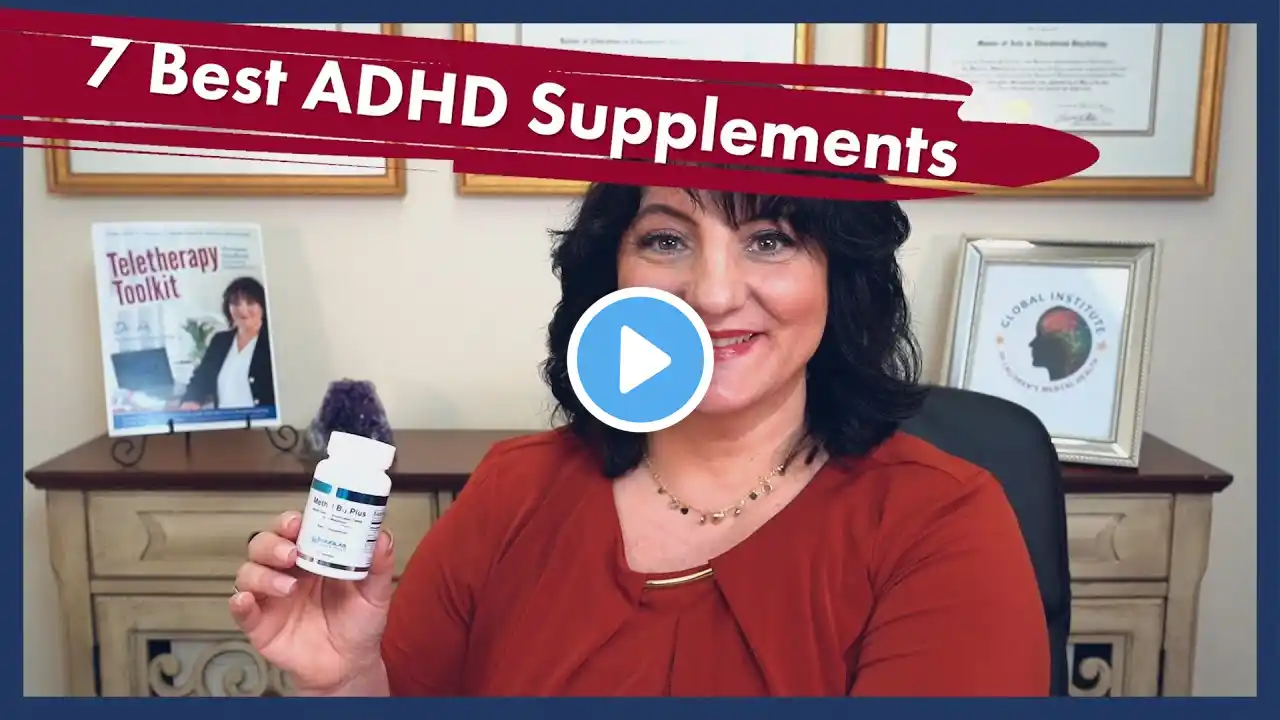
The 7 Best Supplements for Managing Your Anxiety
7 of the best supplements to reduce anxiety symptoms To see daily videos about body health ✅SUBSCRIBE✅ to our channel: https://www.youtube.com/c/ParsHealthT... We recommend you watch this video, too: • The Top 4 Vitamins For Anxiety and St... We'll be talking about these items in this video: What is anxiety? How to fix anxiety? How to control stress? How to manage stress and anxiety? What are the best supplements for anxiety? How to lower anxiety levels? How to lower anxiety with supplements? What are the effects of supplements on stress levels? What are the best supplements to reduce anxiety symptoms? How to manage anxiety? What are the best supplements for managing anxiety? 7- Vitamin D Vitamin D has an important role in mood regulation as well as nerve and brain health. Studies have discovered a link between vitamin D levels and depression and suggest that taking vitamin D supplements can help treat the condition. Some studies suggest that there may be an association between vitamin D deficiency and anxiety disorders. Vitamin D is unlikely to interact with anti-anxiety medications, but it may interfere with other prescription medications. 6- Magnesium Magnesium is an important mineral required for the efficient functioning of almost all body systems. Some studies suggest that it plays a role in anxiety. A systematic review from 2018 looked at the results of 18 different studies. Researchers have found that magnesium supplements can improve anxiety levels in people who are prone to the condition. However, they point out that the quality of the current evidence is poor. Additionally, a short 2019 review study reported that people with related anxiety who took magnesium supplements benefited. 5- Curcumin Curcumin is a polyphenol compound that has powerful antioxidant and anti-inflammatory properties. A 2019 review suggests that it may also be an effective remedy for depression and anxiety. 4- L-theanine L-theanine, found naturally in green tea leaves, is an amino acid that helps reduce stress and anxiety. It can also help you get a good night's sleep. A 2020 review of 10 studies found that consuming 200 to 400 milligrams (mg) per day of L-theanine supplementation can reduce stress and anxiety levels in people in stressful situations. A small 2021 study supports L-theanine's effectiveness in reducing stress-related symptoms and its ability to help reduce sleep disturbances. 3- Omega-3 fatty acids Omega-3 fatty acids are abundant in foods such as fish and flaxseeds. They play a vital role in brain health. The body cannot produce these fats, so people must get them from their diet. A 2019 systematic review and meta-analysis looked at the results of 20 clinical trials and concluded that taking omega-3 supplements, such as fish oil, may help people with anxiety disorders. 2- Probiotics Probiotics are microorganisms known to have beneficial effects on the digestive system. However, recent research suggests that probiotics may also have a major impact on mental health. A healthy balance of bacteria in the body can improve the body's ability to cope with stress, improve overall mental health and improve cognitive function. Foods containing probiotics: Probiotics are found in a variety of foods and beverages, especially those produced through fermentation. Some of the most common sources include sauerkraut, miso, yogurt, tempeh, kimchi, kombucha, and pickles. 1- Complex B B-complex supplements contain all the important B vitamins our bodies need to function at optimal levels, many of which are essential for a healthy nervous system. B vitamins can also help improve symptoms of anxiety and depression. You'll want to talk to your doctor, but the average recommended doses range from 300 mg to closer to 500 mg. Lack of energy and fatigue can lead to irritability and stress levels. Therefore, B vitamins, which are known to maintain high energy levels and improve cognition, may have a positive effect. According to one article, research shows that regular consumption of B-complex vitamins can help increase energy while reducing stress. What's more, as clinical studies have found, this strategic combination of vitamins can even reduce "personal stress" and depressive feelings caused by a stressful environment. It's a well-established scientific fact that what you eat can have a huge impact on your mood. Nutrient deficiencies can make mental disorders worse, and a nutritious diet can help reduce symptoms. Certain natural vitamins or vitamins obtained from eating whole foods are thought to have a positive effect on anxiety. Although most natural vitamins are also available in dietary supplement form, the body absorbs them more efficiently if they are consumed through the consumption of whole foods. #parshealthtv #parshealthclinic #pars_health_tv #pars_health_clinic #supplement #anxiety #manage_anxiety #supplements_for_anxiety


